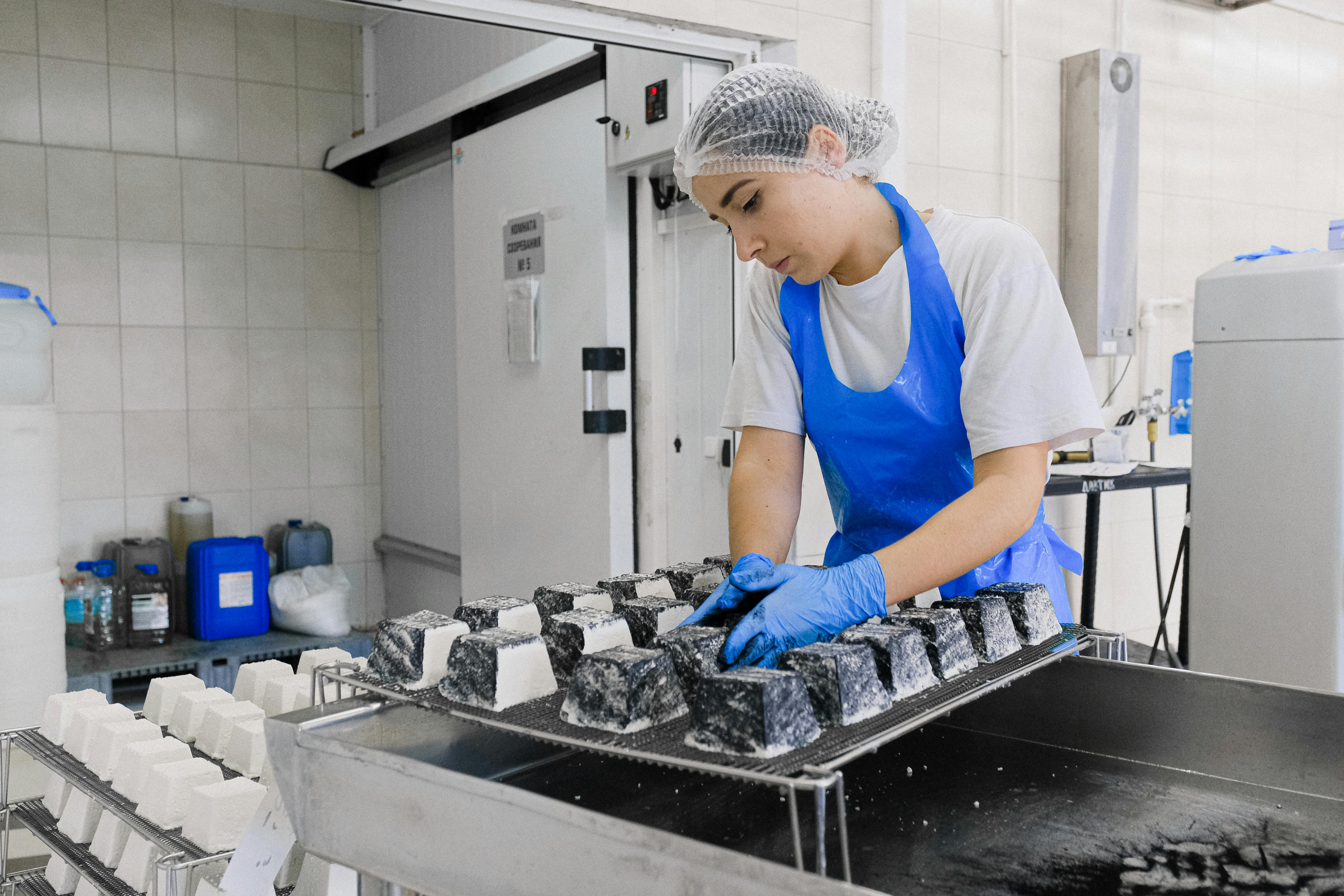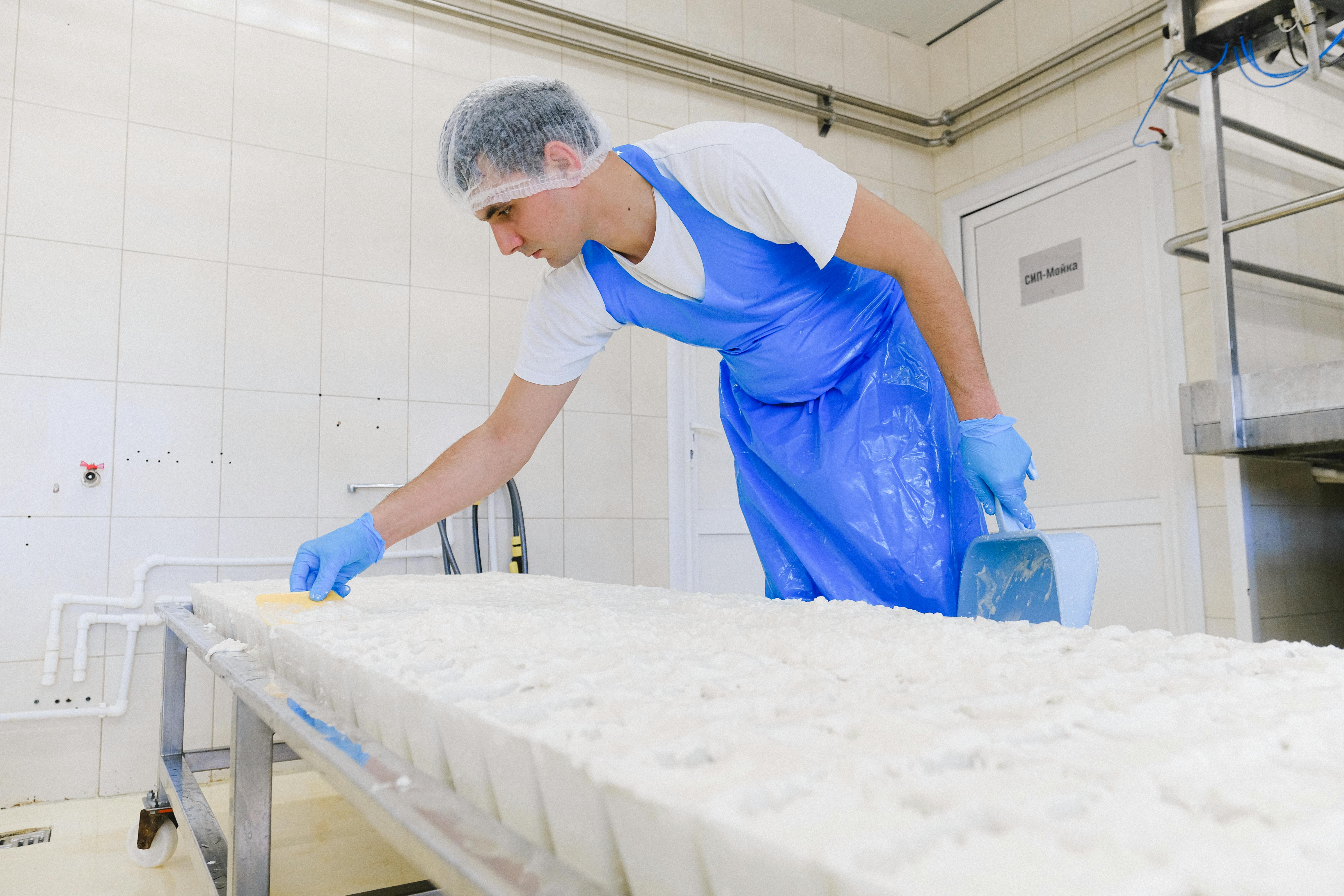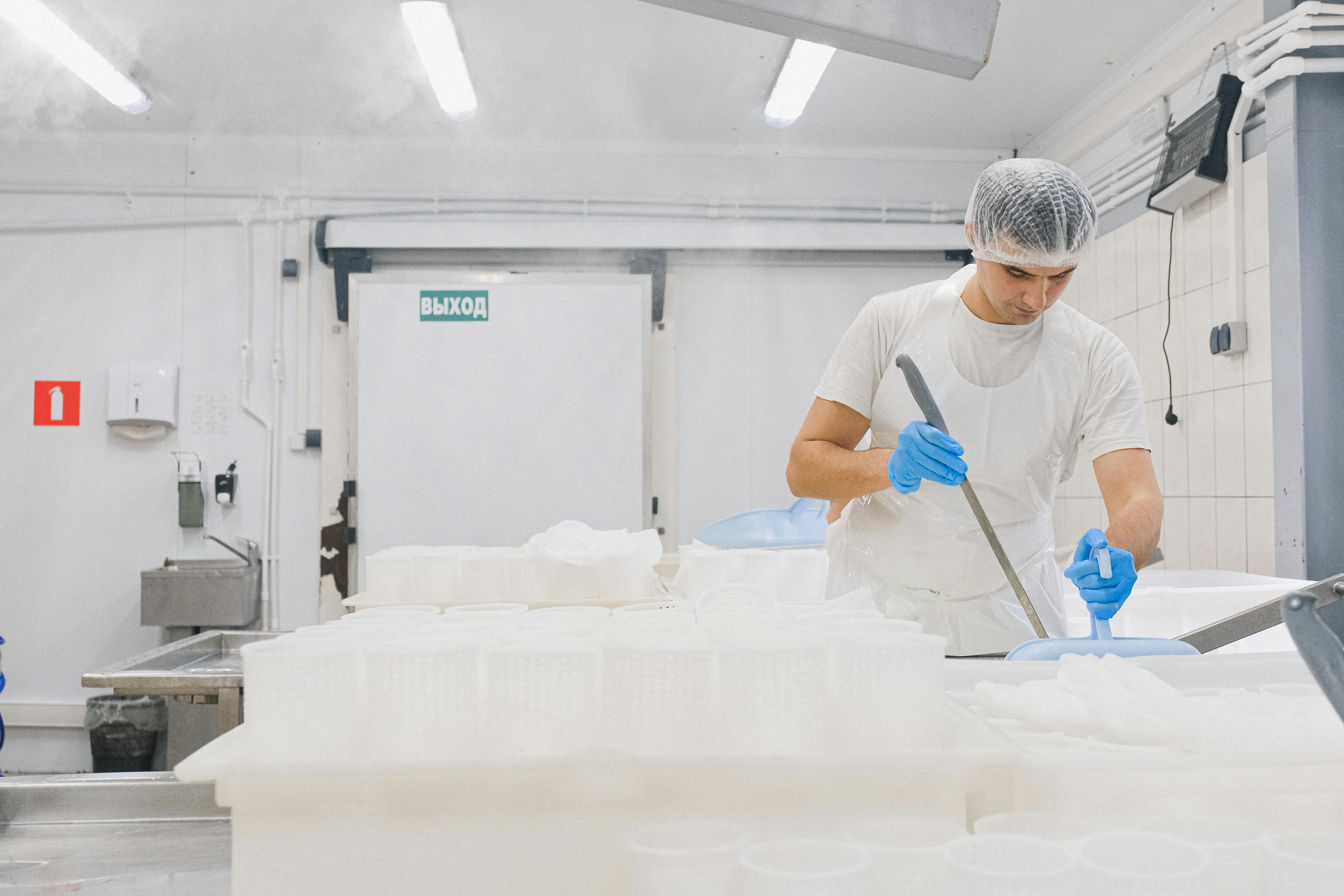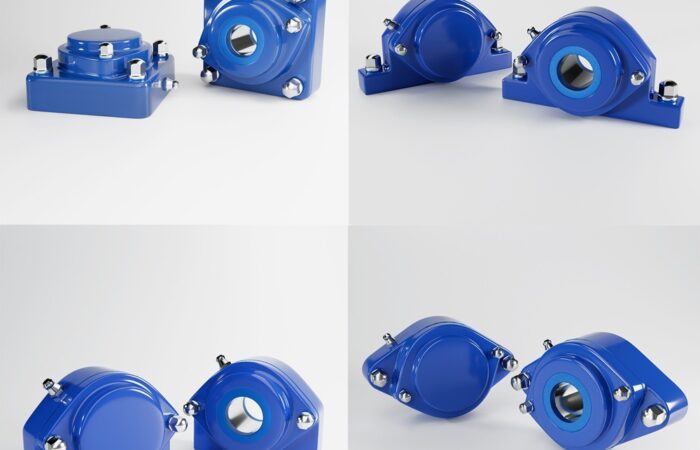
Sustainability and Environmental Impact
In today’s world, sustainability and environmental impact are critical concerns for businesses and consumers alike. The food industry, in particular, faces significant challenges in addressing these issues. This article explores the key strategies for reducing food waste, sustainable sourcing, and eco-friendly packaging. We will also delve into four case studies highlighting companies making significant strides in these areas. Food waste is a pressing global issue, with approximately one-third of all food produced going to waste. Reducing food waste is essential for conserving resources, minimizing environmental impact, and addressing food insecurity. Companies are adopting various strategies to tackle this problem, including: Sustainable sourcing ensures that the products we consume are produced in a way that is environmentally friendly, socially responsible, and economically viable. Key practices include: Packaging plays a significant role in the environmental footprint of food products. Eco-friendly packaging aims to reduce waste and pollution through: Tesco, a leading global retailer, has implemented several initiatives to reduce food waste. By working closely with suppliers and using advanced data analytics, Tesco has managed to significantly cut down on waste. Additionally, Tesco donates unsold food to charities and food banks, ensuring that surplus food reaches those in need. Starbucks has made a strong commitment to sustainable sourcing, particularly with its coffee beans. The company sources 99% of its coffee through its Coffee and Farmer Equity (C.A.F.E.) Practices, which ensure ethical and sustainable farming. Starbucks also invests in farmer support centers to promote best practices in sustainable agriculture. Patagonia, an outdoor apparel company, extends its environmental ethos to its packaging. The company uses recycled and biodegradable materials for its packaging and encourages customers to recycle or compost their packaging materials. Patagonia’s minimalist packaging design further reduces its environmental impact. Unilever is a multinational company that has embedded sustainability into its core operations. From reducing food waste in its supply chain to implementing eco-friendly packaging solutions, Unilever sets a high standard for corporate responsibility. Its Sustainable Living Plan aims to decouple growth from environmental impact. Addressing sustainability and environmental impact in the food industry requires a multifaceted approach. By focusing on reducing food waste, sustainable sourcing, and eco-friendly packaging, companies can make significant strides towards a more sustainable future. The case studies of Tesco, Starbucks, Patagonia, and Unilever demonstrate the diverse strategies and significant commitments businesses are making to address these critical issues. Industrial machinery requires precision-engineered components that meet exacting standards for durability, safety, and performance. This comprehensive guide explores the essential machinery parts that drive modern manufacturing across food processing, packaging, and chemical industries. Understanding the difference between Bearing Housings and Flange Mounted Units is crucial for engineers and procurement professionals seeking to optimize equipment longevity. Pillow block bearings, also known as plummer blocks, are self-aligning bearing units that simplify installation and significantly reduce maintenance costs. These versatile components mount on machine frames and support rotating shafts with exceptional precision, ensuring smooth operation in demanding industrial environments. Flange bearing units offer a more compact alternative, featuring integrated flanges that enable direct mounting to flat surfaces without additional hardware. Both designs come in various materials, including stainless steel grades optimized for corrosive environments and food-grade applications where hygiene is paramount. The importance of material selection cannot be overstated in machinery design. 440 Grade Steel and 420 grades offer distinctly different properties suited to specific applications and environmental conditions. The 440 stainless steel variant provides superior hardness and exceptional edge retention, making it ideal for cutting tools and high-wear applications requiring maximum durability. Meanwhile, 420 stainless steel offers better corrosion resistance and is preferred in food processing equipment where chemical exposure is common. Hygienic stainless steel components have become essential in food machinery, meeting EHEDG standards and facilitating rapid equipment cleaning required in modern food production facilities. Understanding ingress protection ratings is equally critical for machinery durability and operational reliability. IP67 rating ensures protection against dust and temporary water immersion, while IP68 rating provides complete dust protection and sustained water immersion capabilities for submerged operations. The IP69K standard represents the highest protection level, specifically designed for high-pressure wash-down environments found in industrial food processing facilities. These ratings define how effectively machinery components withstand environmental challenges and maintain performance. Modern industrial facilities increasingly demand equipment that combines high performance with ease of maintenance and sanitation. The choice between different bearing types depends on operational requirements, environmental conditions, and budget constraints. Proper component selection ensures extended equipment lifespan, reduced downtime, and improved operational efficiency.Reducing Food Waste, Sustainable Sourcing, and Eco-Friendly Packaging
Reducing Food Waste
Sustainable Sourcing
Eco-Friendly Packaging
Case Studies
Case Study 1: Tesco’s Food Waste Reduction Initiatives
Case Study 2: Starbucks’ Commitment to Sustainable Sourcing
Case Study 3: Patagonia’s Eco-Friendly Packaging
Case Study 4: Unilever’s Holistic Approach to Sustainability
Significant strides towards a more sustainable future


Contact
Understanding Machinery Components & Protection Standards













